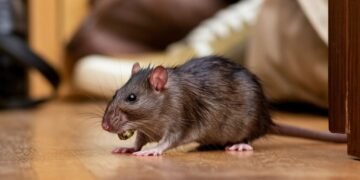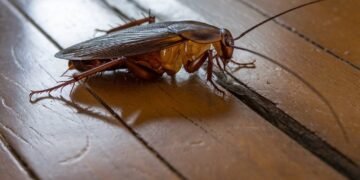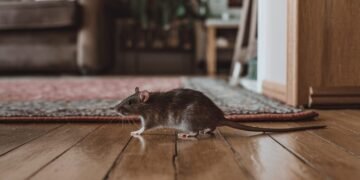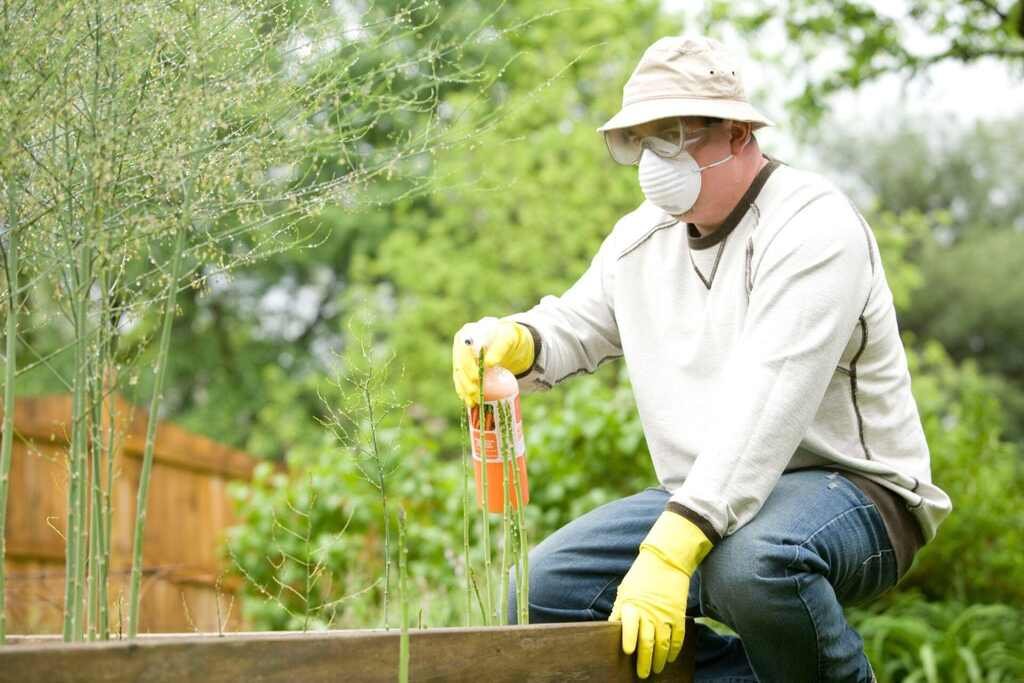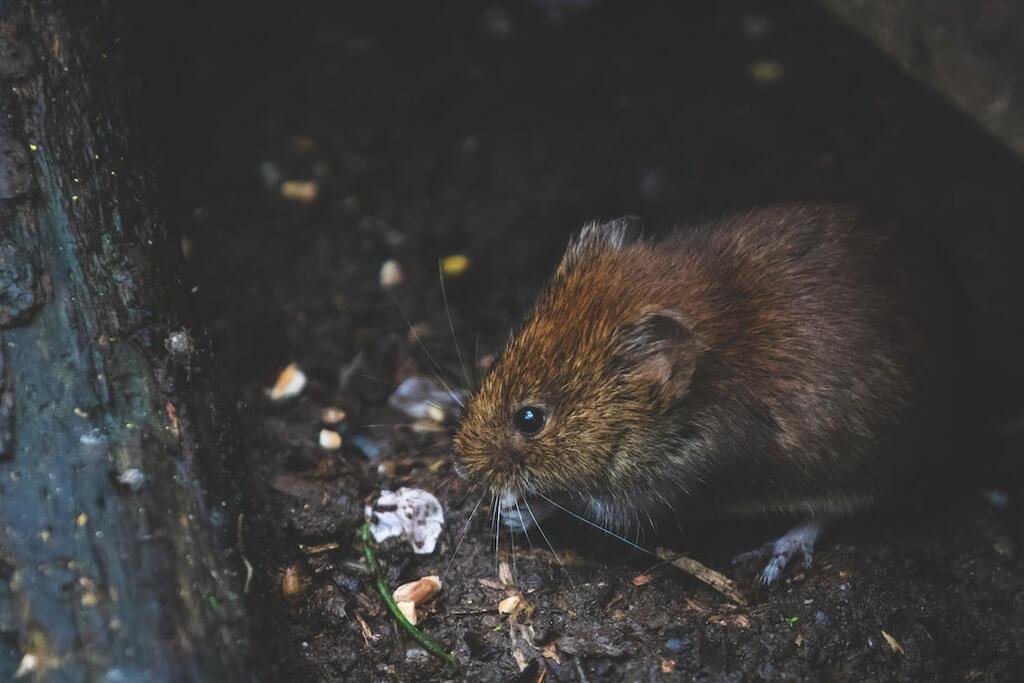Welcome to the world of food safety and sanitation in the pest control industry! As we dive into the significance of professional pest control services, you’ll discover how they play a pivotal role in ensuring the safety and hygiene of the food we consume.
From understanding the impact of pests on food safety to the collaboration between Pest Control Omaha professionals and food facility personnel, we’ll explore the key aspects that contribute to maintaining a pest-free environment in food establishments.
When it comes to the Pest Control Omaha prefers for its food industry, pests can wreak havoc on many levels. Not only can they contaminate food products, but they also pose serious health risks to consumers. Understanding the impact of pests on food safety is the first step in implementing effective pest control measures:
1. Contamination of Food Products: Pests such as rodents, insects, and cockroaches can easily find their way into storage areas and contaminate food products, leading to financial losses and potential legal consequences.
2. Health Risks: Some pests are carriers of diseases and harmful bacteria that can be transmitted to humans through food consumption, putting the health and well-being of consumers at risk.
3. Damage to Reputation: A single pest sighting in a food establishment can lead to a tarnished reputation and loss of customer trust. Protecting against pests is vital for maintaining a positive brand image.
Regulations and Standards for Pest Control In Omaha, NE in the Food Industry
To safeguard the integrity of the food supply chain, the food industry adheres to strict regulations and standards for pest control. These regulations are designed to ensure that food establishments maintain high levels of hygiene and safety:
1. Health and Safety Codes: Many countries have specific health and safety codes that outline the requirements for pest control in food establishments. Compliance with these codes is essential for maintaining operating licenses.
2. Food Safety Certifications: Food establishments often seek certifications such as Hazard Analysis and Critical Control Points (HACCP) and Global Food Safety Initiative (GFSI) schemes, which include pest control as a critical component when it comes to Pest Control In Omaha, NE.
3. Pest Control Documentation: Keeping comprehensive pest control documentation is essential for audits and inspections. Records of pest monitoring, treatment plans, and pest activity trends are crucial for demonstrating adherence to regulations regarding Pest Control In Omaha, NE.
Integrated Pest Management (IPM) in Warehouses and Storage Facilities
In the quest for effective and sustainable Pest Control Services Omaha NE homes can feel safe with, the food industry has wholeheartedly embraced Integrated Pest Management (IPM) as a comprehensive approach to combat the challenges posed by pests. IPM is a paradigm shift from conventional methods that relied heavily on chemical pesticides, and it has proven to be a game-changer in the realm of pest control. Let’s delve deeper into the key aspects of IPM and its implementation in food facilities:
1. Inspections and Monitoring: The cornerstone of IPM is regular inspections and meticulous monitoring of pest activity within the premises of food establishments. Trained pest control professionals conduct thorough assessments to identify potential entry points, breeding areas, and signs of infestations. These proactive measures allow for early detection, helping to prevent the escalation of pest problems.
2. Preventive Measures: IPM emphasizes a preventive approach to Pest Control Services Omaha NE folks receive and one of the main focal points is maintaining impeccable sanitation practices. Proper waste disposal, prompt elimination of food debris, and the routine cleaning of storage and preparation areas are essential to minimize pest attraction. By depriving pests of their sustenance, food establishments can significantly reduce their population and prevent potential infestations.
3. Targeted Treatments: Unlike conventional pest control methods that employed a blanket approach using harsh chemicals, IPM advocates for targeted treatments. When the need for intervention arises, pest control professionals employ a range of tactics tailored to the specific pest species and the unique characteristics of the facility. These may include the use of baits, traps, or eco-friendly pesticides judiciously and strategically.
4. Minimizing Harm to Non-target Organisms: IPM’s guiding principle is to achieve effective pest control for warehouse while minimizing harm to non-target organisms and the environment. Unlike broad-spectrum chemical pesticides, IPM strategies are focused on the pests of concern, ensuring that beneficial insects and wildlife are spared from unnecessary exposure to harmful substances.
Conclusion
The role of professional pest control for warehouse in ensuring food safety and sanitation cannot be overstated. By understanding the impact of pests on food safety, complying with regulations and standards, and embracing Integrated Pest Management, food establishments can create a safe and pest-free environment for their operations.
The collaboration between pest control Omaha professionals and food facility personnel is key to maintaining the highest standards of hygiene and protecting consumers from potential health risks. As the food industry continues to evolve, the adoption of emerging technologies and trends will further enhance pest management practices, securing the future of food safety and sanitation.
Recommended Posts:


